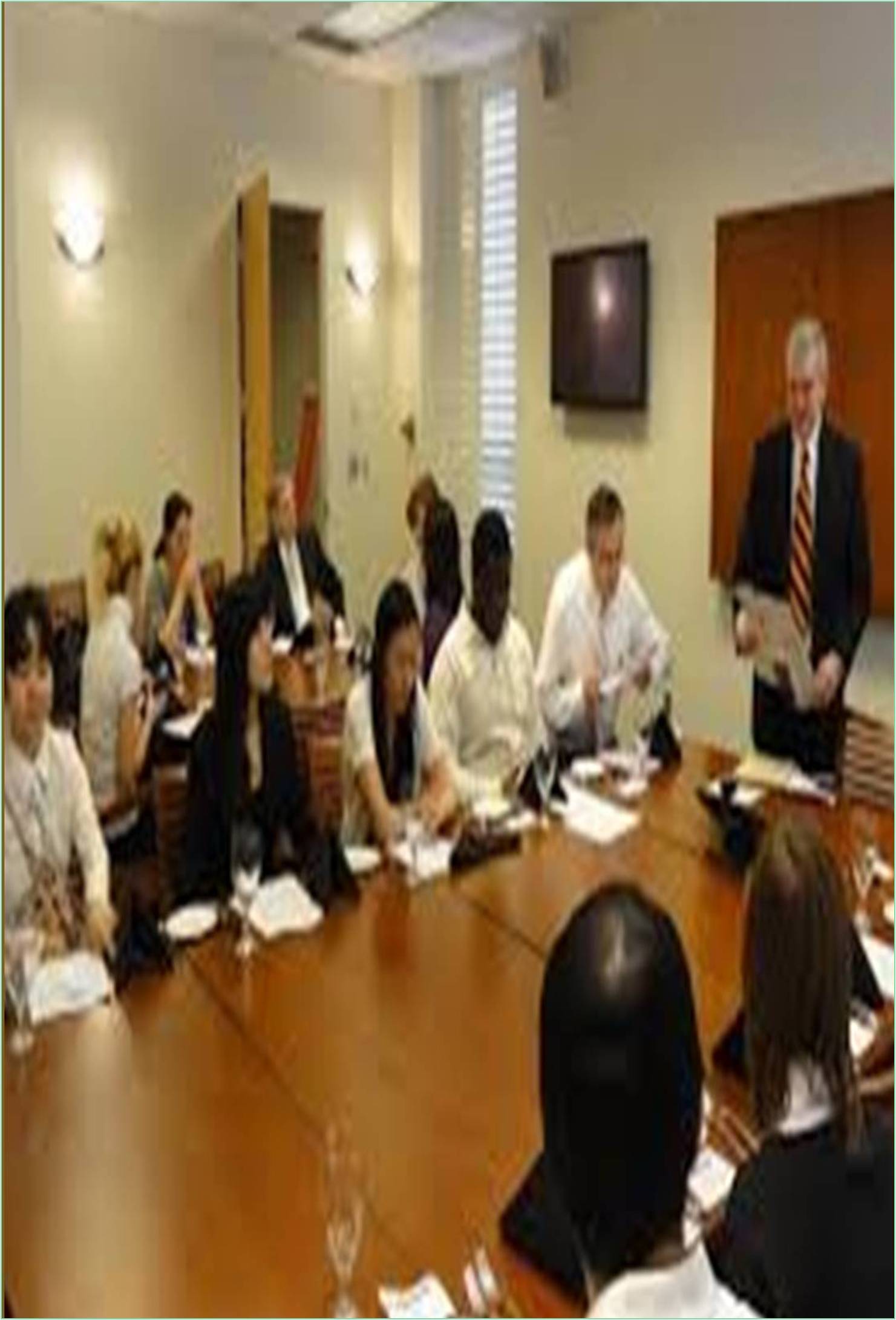



Received: 09-Oct-2021 Published: 30-Oct-2021
Educational administration is a process that includes the combined operation through which a country is maintained in good working conditions. It is a process of utilizing appropriate material in such a way as to promote effectively the development of human qualities. It includes all those techniques and procedures employed in operating the educational organization in accordance with established policies. Here the totality of resources are made available and made effective for accomplishing the purpose of an enterprise. Educational administration includes functions like planning, organizing, financing, directing, supervising, inspecting and evaluation.Management in businesses and organizations is the function that coordinates the efforts of people to accomplish goals and objectives by using available resources efficiently and effectively. Management includes planning, organizing, staffing, leading or directing, and controlling an organization to accomplish the goal or target. Education administrators are employed to oversee the day-to-day functions in universities and colleges, elementary schools and high schools, preschools, and day care centres. They manage routine activities, lay out future visions, and provide instructional leadership. School administrators work in every level of education. They may direct programming, hire and supervise staff, manage budgets, and make decisions that affect the academic community. They are also in charge of developing a direction and mission for the facility at which they work. The actual specific job functions for an education administrator will vary depending on the institution of employment. For schools, this job is usually the role of a principal or assistant principal. For private schools and businesses, the job may be as a director of programs or head master. Educational Administration is regarded as the process of integrating the appropriate human and material resources that are made available and made effective for achieving the purposes of a programme of an educational institution. The term “Administration” doesn’t refer to any single process or act. It is like a broad umbrella encompassing a number of processes such as: planning, organizing, directing, coordinating, controlling and evaluating the performance. The same situation occurs in the field of educational administration. The concept of educational administration is applicable in case of an educational organisation which has certain purposes or goals to fulfill. School administration covers a broad range of jobs. A person in this field may work as a principal or assistant principal of an elementary or high school, or in admissions or student affairs at a college or university. These job descriptions vary significantly, but they share some common traits. People in school administration typically work in schools, but not as teachers. Common tasks for school administrators depend on the specific job title but commonly include setting and enforcing school budgets, maintaining academic records, assisting students and faculty, and managing staff. Primary and secondary school principals may evaluate teachers’ performance, manage budgets, and ensure the safety and security of their school. A principal typically handles school and personnel issues, while the assistant principal typically handles discipline and day-to-day issues.
Educational management
Refers to the administration of the education system in which a group combines human and material resources to supervise, plan, strategise, and implement structures to execute an education system. Education is the equipping of knowledge, skills, values, beliefs, habits, and attitudes with learning experiences. The education system is an ecosystem of professionals in educational institutions, such as government ministries, unions, statutory boards, agencies, and schools. Curriculum planning and development involves “the design and development of integrated plans for learning, and the evaluation of plans, their implementation and the outcomes of the learning experience”Curriculum development at the preschool level is based on several schools of thought. The Kindergarten was established by Friedrich Fröbel in Germany in 1837. Froebel described three forms of knowledge which he viewed as essential to all learning: knowledge of life, which includes an appreciation of gardening, animals and domestic tasks; knowledge of mathematics, such as geometry; and knowledge of beauty, which includes colour and shape, harmony and movement. Education administrators are employed by public and private schools, school districts, colleges, and universities to plan and oversee educational policies. Administrators are also hired by private preschools, museums, and libraries to manage curricula and educational programs.Day-to-day activities of education administrators generally includes meetings with teachers, parents, and school staff. Work is completed in an office environment, with paperwork often being necessary. While the job has a typical work day and work week, after-hours meetings and attendance at school events is often necessary. Educational administration is primarily a social enterprise as it is more concerned with human resources than with material resources. The human resources include pupils, teachers, supervisors, administrators and parents. The additional elements comprise the various aspects of educational theory and practice including philosophy of education, objectives of education, curriculum, method of teaching, discipline, role of the teacher, rules and regulations etc. This objective seeks to mention the fact that good education doesn’t mean education at a very high cost as is practiced in modern public schools.